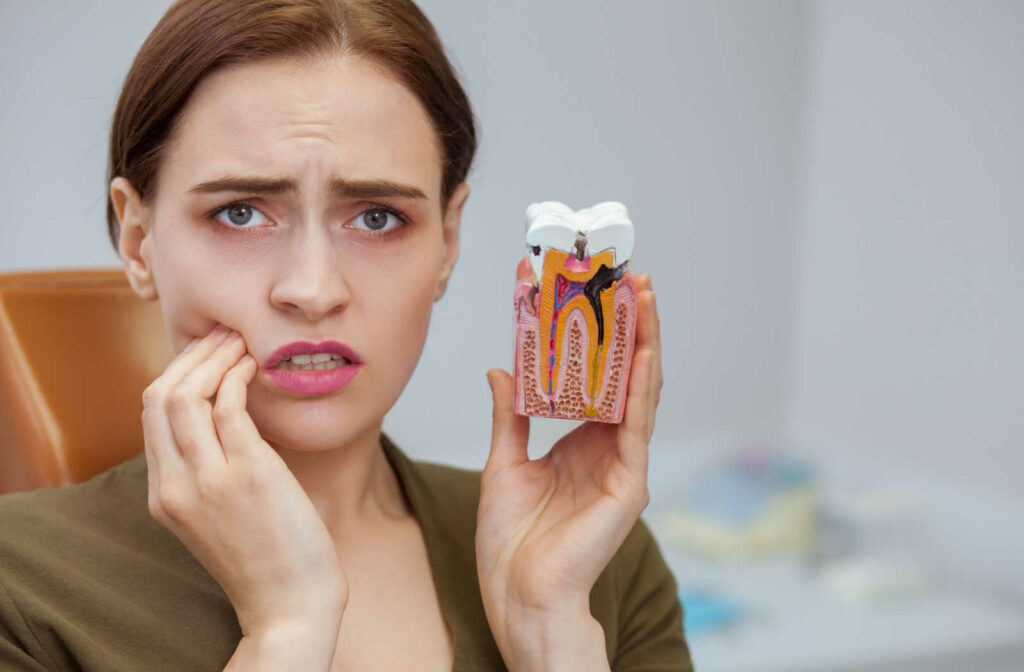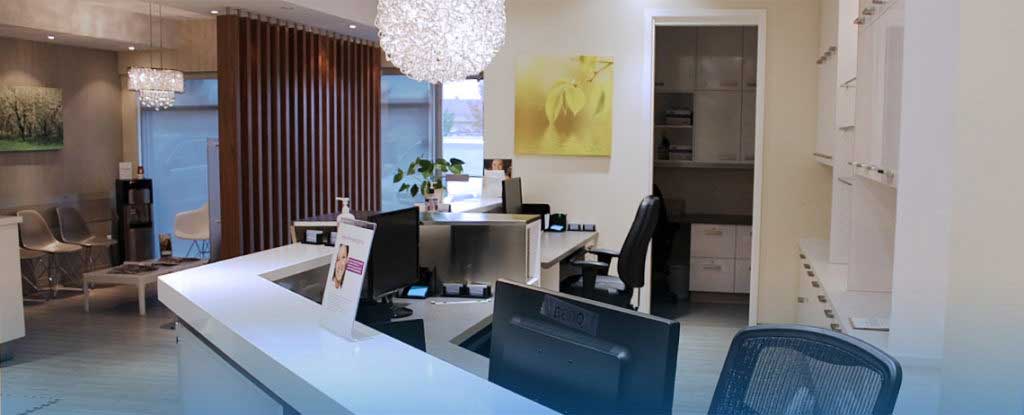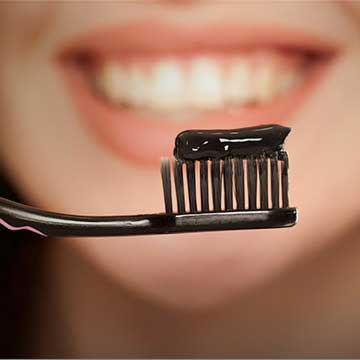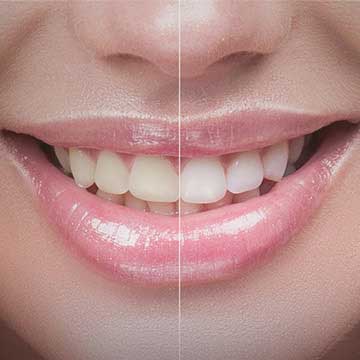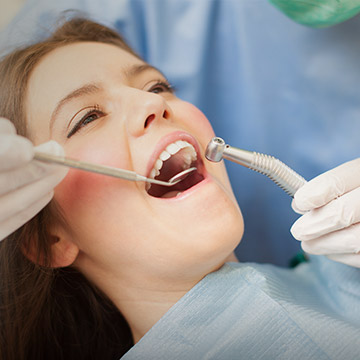Good oral hygiene habits are essential for maintaining a beautiful, healthy smile. Brushing your teeth twice a day and flossing regularly are your first line of defence against tooth decay—including cavities. But what if you’ve already developed a cavity?
Unfortunately, no amount of brushing, flossing, or other at-home care will cause your cavity to heal on its own. A cavity is a decayed area on your tooth’s surface that develops when bacteria, sugars, and acids erode the tooth’s enamel, resulting in a small hole. This hole is permanent tooth decay and will require a visit to the dentist to be properly treated.
Routine dental exams are an important part of identifying and treating cavities before they cause significant tooth decay. Depending on the severity of your cavity, you will most often require a dental filling.
What Causes Cavities?
Cavities are primarily caused by the interaction between oral bacteria, food particles, and the acids they produce.
When we consume sugary or starchy foods, the bacteria in our mouths break down these carbohydrates, producing acids that attack the tooth enamel. Over time, these acids erode the enamel, leading to the formation of cavities.
Cavities are a common dental problem and anyone can develop them, however, there are lifestyle and health factors that may increase your risk of developing a cavity:
- Consuming too many sugary or acidic foods or drinks
- Poor oral hygiene habits
- Lack of fluoride
- Dry mouth
- Eating disorders, such as anorexia and bulimia
- Acid reflux disease
Without timely intervention, cavities can progress deeper into the tooth structure, potentially reaching the sensitive dental pulp and causing severe pain or infection. If you are experiencing tooth sensitivity or pain, it’s important to consult with your dentist to determine if you have a cavity and get appropriate treatment.
Can Cavities Heal Themselves?
Contrary to popular belief, cavities cannot heal themselves. Once tooth decay has caused structural damage to your enamel, your body’s natural healing mechanisms alone cannot reverse the process. Enamel is a hard, protective layer that is not capable of regeneration.
While the body cannot heal cavities on its own, early-stage dental decay can be halted or reversed through proper oral hygiene practices. This is especially true for enamel demineralization (incipient cavities), where minerals lost during the decay process can potentially be restored with minerals from saliva or fluoride from toothpaste or other sources.

How to Prevent Cavities
The most effective way to maintain optimal oral health and prevent cavities is by adopting a comprehensive preventive approach that includes the following:
- Proper oral hygiene: Brushing your teeth twice a day, flossing daily, and using a tooth paste with fluoride can help remove plaque and bacteria, reducing the risk of cavities.
- Fluoride: Fluoride is a naturally occurring mineral that has been scientifically proven to strengthen and rebuild tooth enamel, as well as lower the amount of acid in your mouth. Many oral hygiene products, including toothpaste, contain fluoride. Be sure to brush after flossing and do not rinse your mouth afterwards to allow the fluoride to do its job!
- Healthy diet: Limiting your consumption of sugary and acidic foods and beverages can minimize the exposure of your teeth to harmful acids, thereby reducing the chances of decay.
- Regular dental checkups: Scheduling regular visits to your dentist is essential for preventive care. Your dental professional can detect early signs of decay, provide professional cleaning to remove hardened plaque (tartar), and apply preventive treatments such as fluoride varnish or dental sealants to protect vulnerable teeth.
How to Treat Cavities
Once tooth decay has progressed beyond the initial stages and a cavity has formed, you will require professional treatment. Dentists have various treatment options to halt the progression of cavities, restore tooth structure, and prevent further damage. These may include:
- Dental fillings: In cases where the cavity has not reached the deeper layers of the tooth, a dentist can remove the decayed portion and fill the cavity with a suitable material like composite resin or amalgam.
- Root canal: If dental decay has reached the dental pulp (nerve), causing pain or infection, a root canal procedure may be necessary to remove the infected pulp, clean the root canal, and seal it to prevent further damage.
- Dental crowns: When decay has extensively damaged the tooth, a dental crown may be recommended to protect and strengthen the remaining tooth structure.
Your dentist will examine your cavity to determine the best treatment option. You can avoid significant tooth decay and a need for comprehensive treatment by visiting your dentist when you first suspect a cavity.
Find Quality Dental Care
The team at Otara Dental is here to support all of your oral care needs, from routine dental exams and cleanings to restorative dental care, including dental fillings. Contact our office today to book your appointment.


